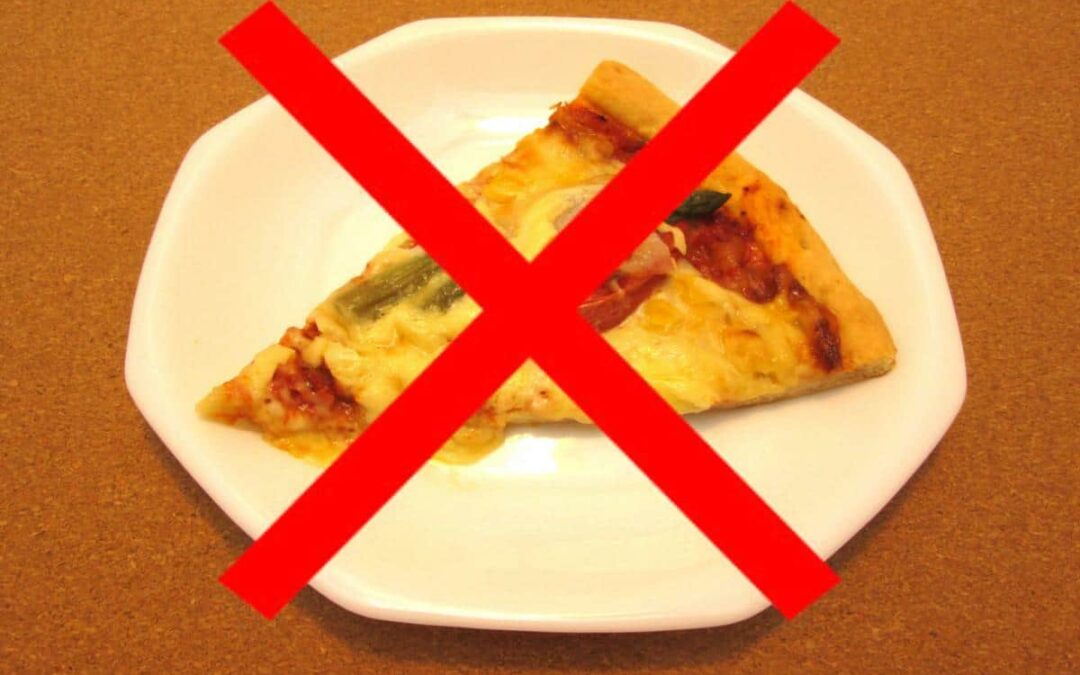Earlier this year, the Social Security Administration (SSA) published a final rule entitled “Omitting Food from In-Kind Support and Maintenance (ISM) Calculations.” The final rule went into effect on September 30, 2024. Overall, the rule will likely make more people eligible for SSI benefits. The changes also could increase some people’s SSI benefits.
Supplemental Security Income (SSI) provides monthly benefit payments for individuals who have disabilities or who are aged 65 or older and have limited income and resources. Individuals who receive SSI must meet certain income and resource requirements to remain eligible for those benefits.
Under SSA’s old rules, ISM includes food or shelter that an SSI recipient receives from a third party. SSA counts ISM as unearned income, which can affect an individual’s SSI eligibility or payment amount.
However, under the final rule, SSA has removed any food that an individual receives from the ISM calculation. As a result, individuals will no longer lose their eligibility or receive reduced monthly SSI benefits because they receive food from friends and family members. Since food is no longer part of the ISM calculation, individuals will no longer have to report the food that they receive from third parties each month. So, if a person’s mother buys them a meal or groceries, they don’t have to report receiving this food to SSA.
Individuals who receive SSI will still have to report any shelter expenses that they receive from third parties to SSA. Shelter expenses include room, rent, mortgage payments, real estate taxes, heating fuel, electricity, water, sewage, and garbage collection services.
SSA also will continue to use the One-Third Reduction (VTR) and the Presumed Maximum Value (PMV) rules to determine the value of any ISM to the individual receiving SSI. Historically, SSA used the VTR rule to calculate ISM if a person lived with another person who provided their shelter and food. However, SSA now only uses the VTR rule to calculate ISM if the person lived with another person who provided their shelter, regardless of whether they provided them with food.
If the VTR rule is inapplicable, then the SSA uses the PMV rule, which caps the estimated value of the shelter a person receives. That cap equals one-third of the federal benefit rate plus $20. A person can also continue to provide evidence that the estimated value of the shelter they receive is lower than the PMV. However, the PMV rule does not apply to public assistance (PA) households, which are those households in which at least one member receives SSI, and at least one other member receives a certain need-based government benefit, which now includes SNAP benefits. This new definition of PA household also became effective September 30, 2024. Any in-kind support PA households receive does not count as income when calculating SSI benefits.
The final rule also modifies the definition of income because the ISM requirement no longer includes food. Income is now defined as anything received in cash or in-kind that is used to meet a person’s needs, except food. “In-kind’ refers to non-cash items that individuals receive from others to cover their basic needs.
Call Rubin Law for Help with ISM Calculations
Rubin Law is the only Illinois law firm to dedicate itself exclusively to providing compassionate legal services for children and adults with special needs. We offer unique legal and future planning techniques to meet your family’s individual needs.
Call us today at 866-TO-RUBIN or email us at email@rubinlaw.com to learn more about the services we can offer you and your family. We look forward to hearing from you and working with you. Click here to contact us for the help you need.

